China is a large country with a strong identity as a culturally rich place with more than 5,000 years of history. It is also the largest of all Asian countries. Occupying nearly the entire East Asian landmass, but that's just scratching the surface. Among this list we hope to enlighten you with fascinating facts you must know about China, if you haven't already. Let's discover the many aspects of Chinese culture, from Confucianism to Chinese language, to Chinese Food and Chinese Festivals.
Chinese Language
Chinese characters (汉语) is an old language used by the Han majority and many other ethnic groups in China in the past 5,000 years. About 1.2 billion people (16% of the population in the world) use Chinese as their first language. As for written Chinese, it has two recognized forms, which are Simplified form and Traditional form. As for spoken language, Mandarin Chinese is the official language of China, while Cantonese is widely spoken in Hong Kong.

Chinese Zodiac
Chinese has a zodiac culture known as Sheng Xiao. This is based on a twelve-year cycle in Chinese lunar year system and each year in that cycle is associated with an animal sign. These 12 signs are rat, ox, tiger, rabbit, dragon, snake, horse, sheep, monkey, rooster, dog and pig. Each animal represents unique traits. In Chinese culture, people's personalities and destiny are believed to be affected their zodiac animal.
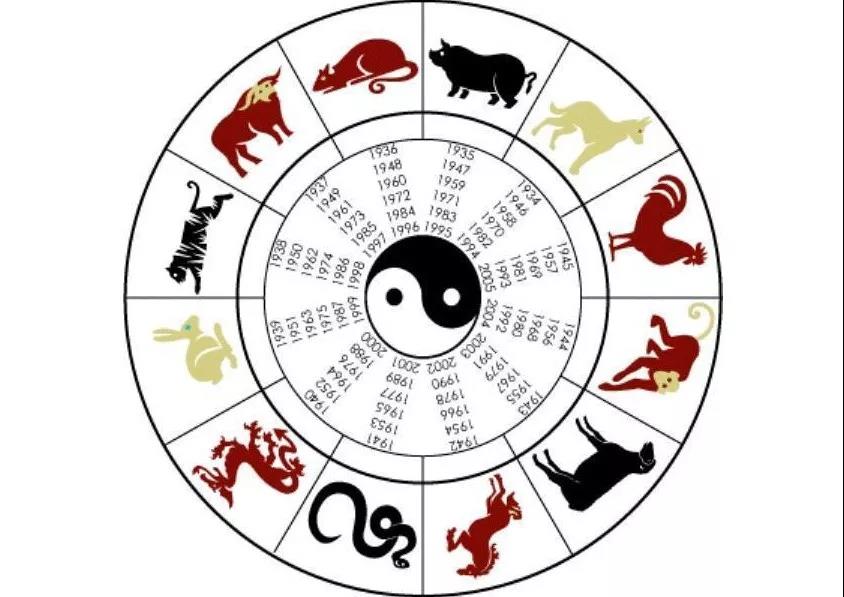
Chinese Family Culture
In China there is a great emphasis on family. Marriage, family and children are very important in the Chinese culture. Chinese people's leisure life mainly revolves around the family. Big holidays and festivals are also often full of traditions linked to activities focused on family reunion. In China, people tend to work close to their hometown or go home regularly to reunite with their family.
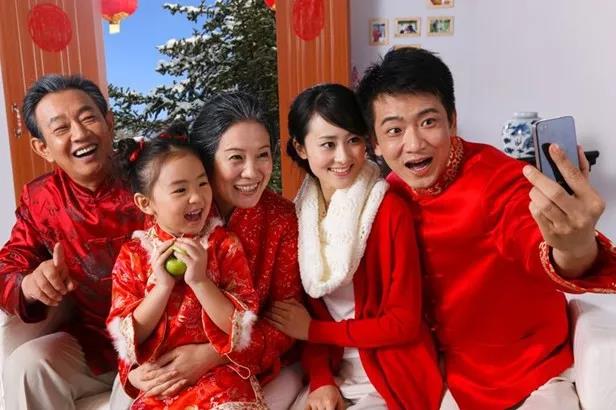
Chinese Tea
Tea is one of the nation's main beverage choice. About five thousand years ago, Chinese ancestors discovered the tea as a drink. In traditional Chinese culture, drinking tea demonstrates one's morality and social status. In modern China, a pot of hot tea shows a welcome to visitors to a Chinese family. Besides tea is also an important social tool, people go to tea houses, not for the drink, but for a spot to meet people for friendship or business.
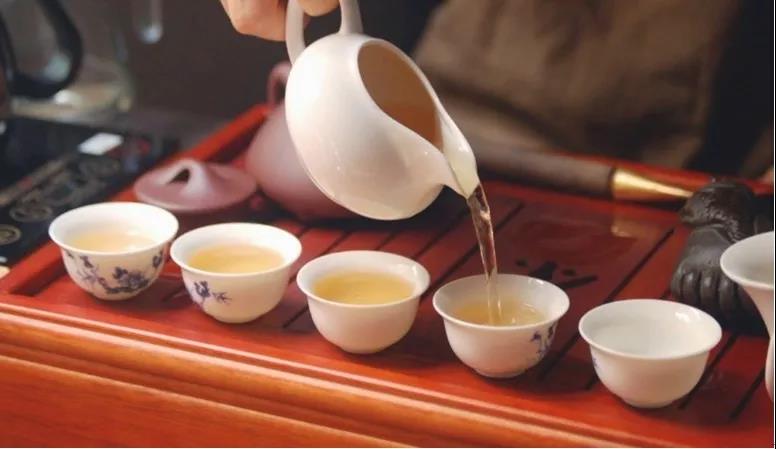
Chinese Kungfu
Chinese kung fu, also known as Wushu or Chinese martial arts, is an important part of traditional Chinese culture. It could be considered as one of the earliest and longest lasting sports. The theory of kung fu is based upon classical Chinese philosophy. Over its long history it has developed as a unique combination of exercise, practical self-defense, self-discipline, and art, although nowadays people commonly practice Kung fu as a sport or for physical fitness.
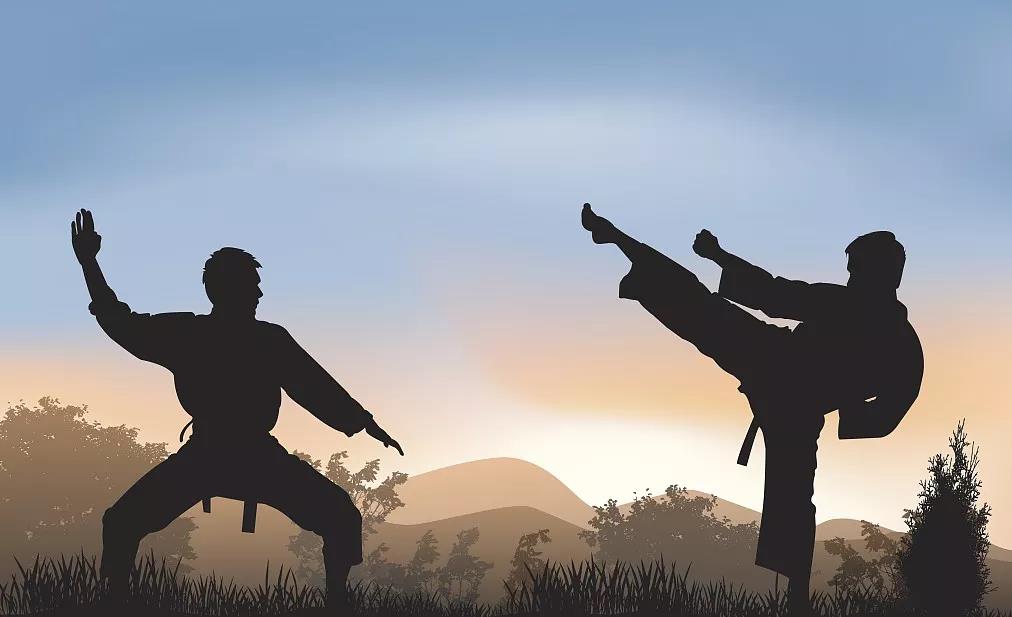
Chinese Food
Chinese food is an important part of Chinese culture. Chinese cuisine has many different styles originating from the diverse regions of China. There are eight famous culinary traditions: Guangdong (Cantonese) cuisine, Shandong cuisine, Jiangsu cuisine and Sichuan cuisine, Fujian cuisine, Hunan cuisine, Anhui cuisine and Zhejiang cuisine. Chinese people like to use chopsticks to pick food from a shared dish and eat directly. Food and beverage are an important part of Chinese social life.
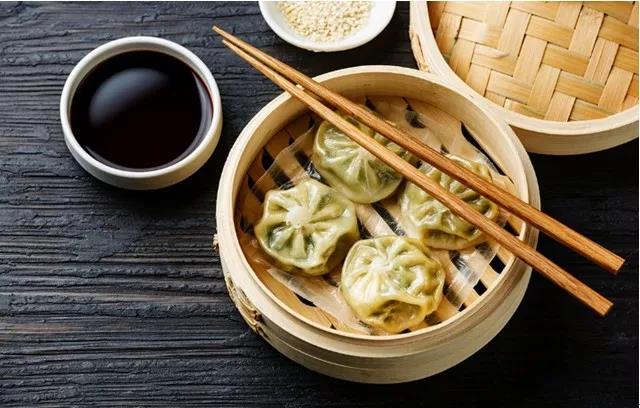
Chinese Festivals
Traditional Chinese festivals are important components of Chinese culture. Many of which were formed during the Han Dynasty (206 BC – 220 AD). A few important traditional Chinese festivals include Spring Festival aka Chinese New Year. Lantern Festival, Qingming Festival, Dragon Boat Festival, and Mid-Autumn Festival. Each festival with its own set of customs for festivities.
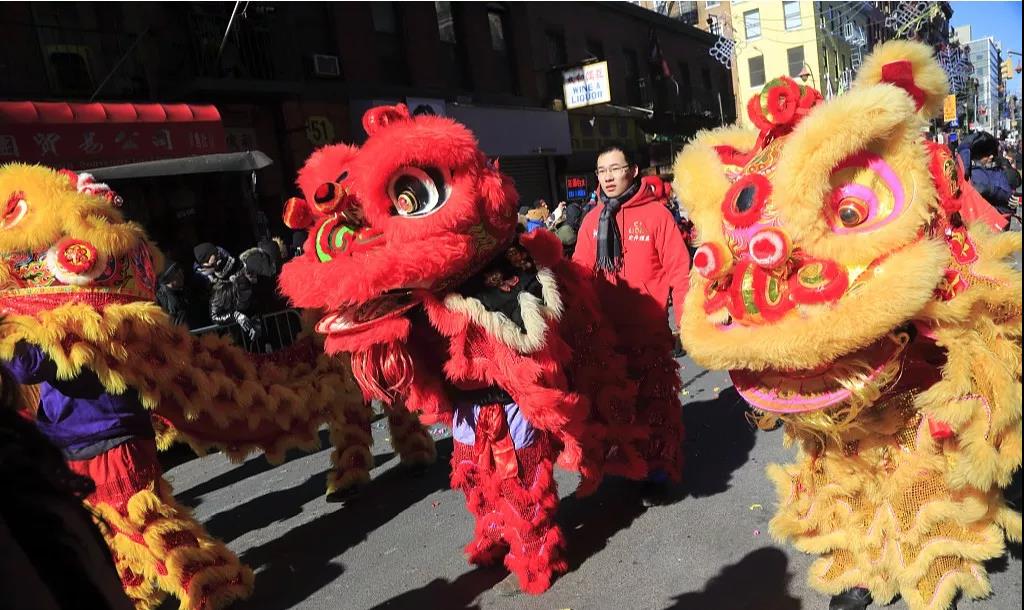
Have you heard of these cultural facts about China before? Which part of Chinese culture first sparked interest in you? Share your ideas by leaving a comment.
Experience wonderful Chinese Culture, join Mandarin House Cultural Activities in March!


